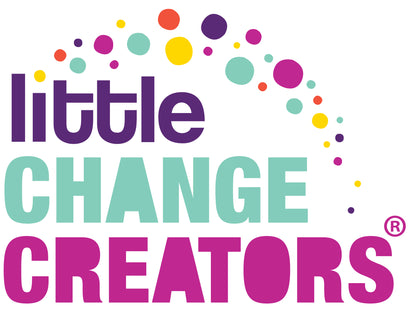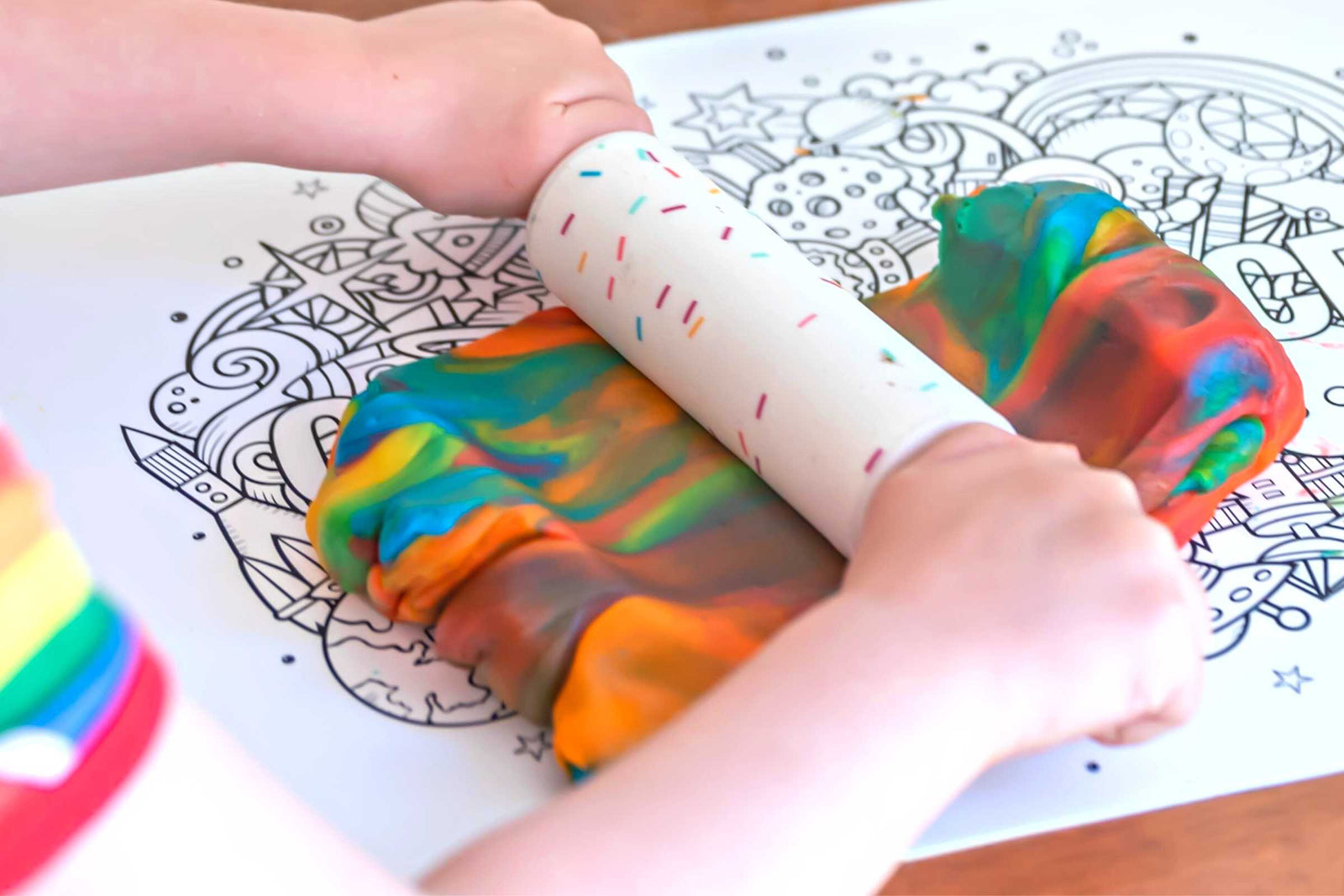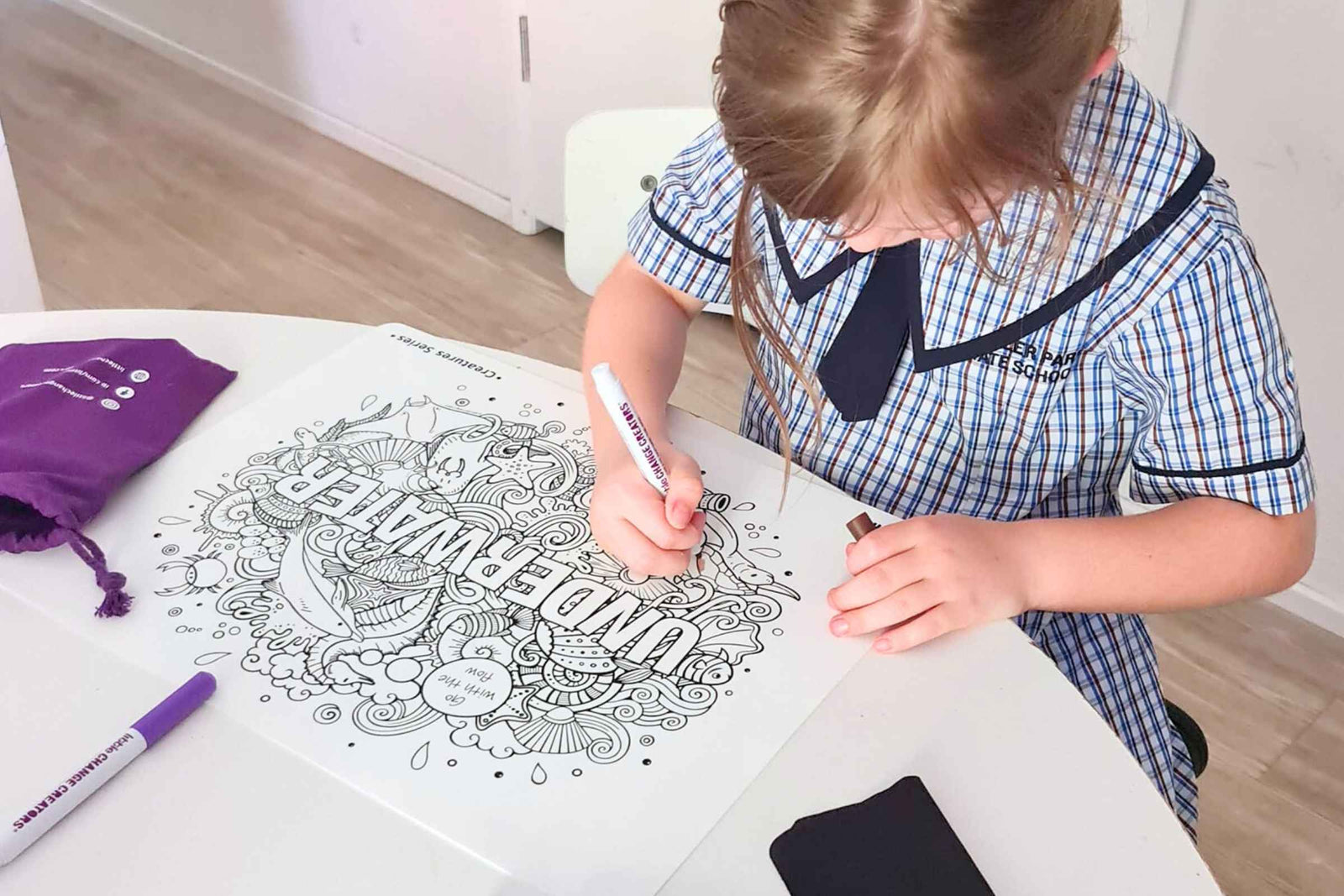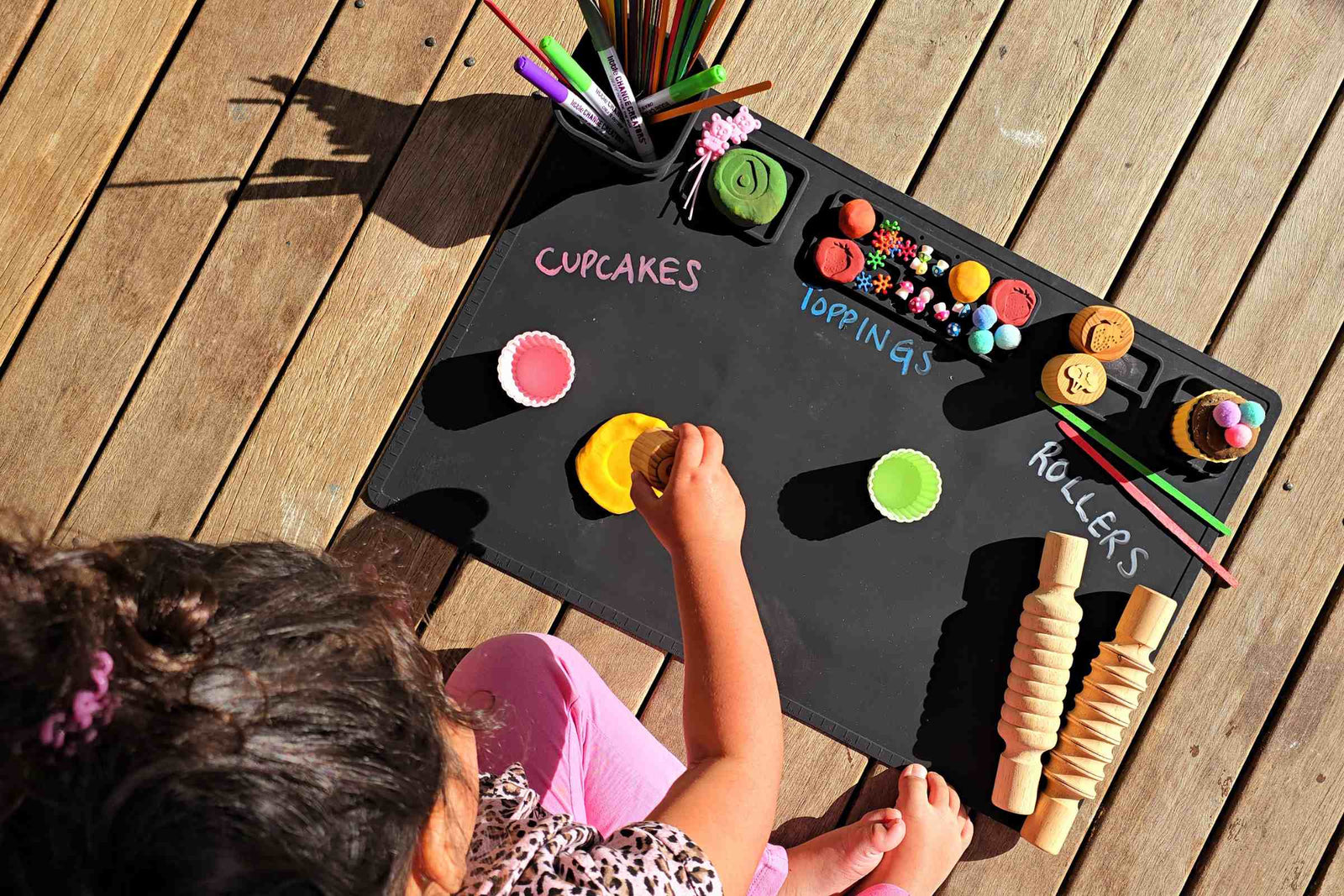Loving the smaller mats, makes them so easy to speeze into my handbag. No compromise on quality or images
The ladies were absolutely amazing to deal with. I had an issue with a discount code not working and messaged them on their socials late one night (like 9pm) and they replied within the hour and directed me to the correct email address to contact. I did so straight away and got a reply almost immediately. A resolution was given, my order was placed and it was packed that night ready for dispatch the following morning - I couldn�t be more impressed. It is a Christmas present so the kids are yet to use it - but I have see these products before and I know the kids are going to love it. I�m excited to not have them raiding my computer paper tray every 5 minutes.
I brought the recraftable creativity mat for using as a surface to paint on. The silicon if prefect to easily clean your work space. I enjoy using the mat and being able to easily bring it with me where ever I need. Really handy for many projects
My daughter absolutely loves her little change creators products. We just purchased some extra markers to add to her collection and I’ll be adding more products to my Christmas shopping list for my nieces and nephews! Highly recommend the reusable colouring sheets too!
It is great and really useful and perfect size for your handbag.





